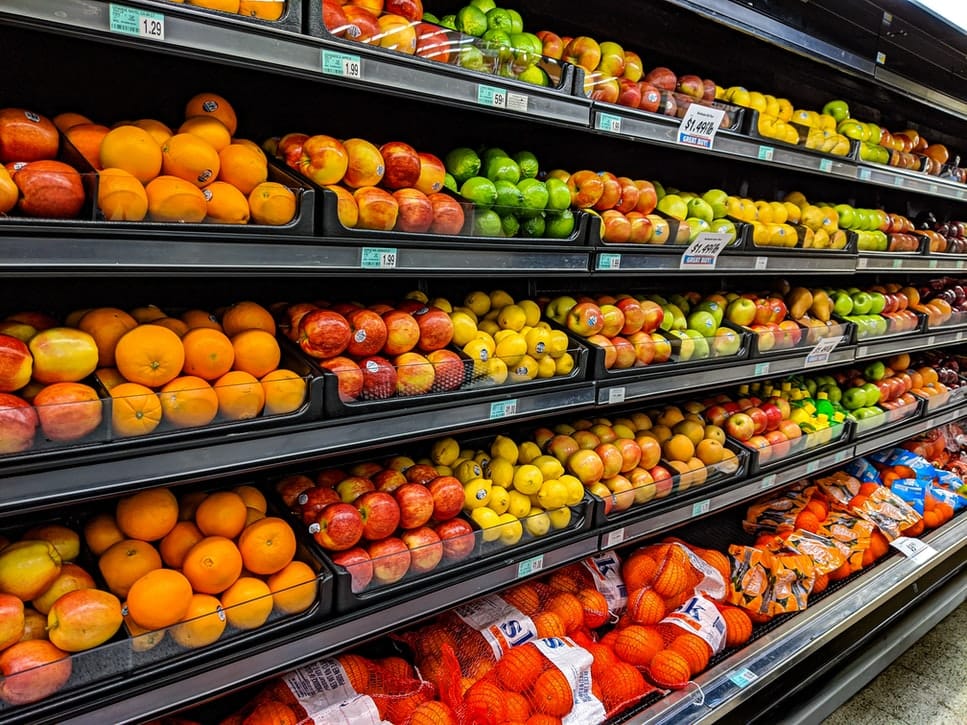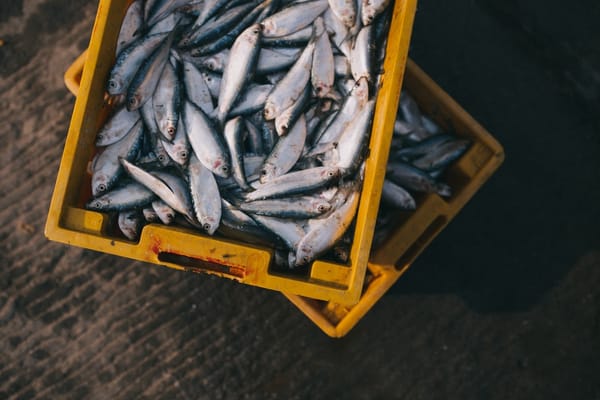Morrisons pledges to become the first net-zero British supermarket by 2030
Sustainability Editor Monami Miyamoto explains how Morrisons intends to become the first supermarket to source all fresh produce from net-zero farms.

The agricultural sector is one of the most significant greenhouse gas producers. Our industrialised food system depends heavily on the mass rearing of livestock, clearing of land for monoculture, and long-distance transportation – none of which are sustainable options if we want to limit the effects of global warming.
this is a necessary progression as Morrisons is one of the largest British supermarket chains
Real agricultural change requires action from the global, national, corporate, and individual levels. But often, individual actions can feel too small to make an impact (but they're not!), and national legislations take too long to be put into place. Therefore, the corporate sector can be a great middle-ground; they have the potential to make meaningful changes at a fast enough timescale. One company that has recently stepped up its goals towards mitigating climate change is the supermarket Morrisons.
Morrisons has set an ambitious target to source all their fresh produce from net-zero British farms by 2030. In less than nine years, that would involve a lot of logistical and business model changes. But as one of the biggest supermarket chains in the UK, this is a necessary progression. Morrisons chief executive David Potts says, "As British farming's biggest supermarket customer, we're in a unique position to guide our farms and help lead changes in environmental practices. It's years ahead of industry expectations - and an ambitious target - but it's our duty to do it."
So how will they achieve this?
Morrisons' transition will involve opting for animal breeds that produce less methane and swapping to low food-mile feed. The farms will be powered using renewable energy, and farmers are expected to limit fertiliser use and water wastage. As for the inevitable emissions, these will be offset through projects to restore ecosystems – whether it is replanting trees, increasing hedgerows, or expanding grasslands. Morrisons hopes that their transition towards sustainable sourcing can also help develop a framework that other businesses in the sector can apply.
It's encouraging and inspiring to see large businesses taking climate change solutions seriously as an integral part of their operations. Whether the goals will actually be met is a whole other story yet to unfold. Regardless, with less than a decade to go until emissions must be halved, it's not enough to depend on well-meaning consumers to make the right choices or to wait years for meaningful policies to get approved; other businesses within and across sectors must be setting equally ambitious goals.






